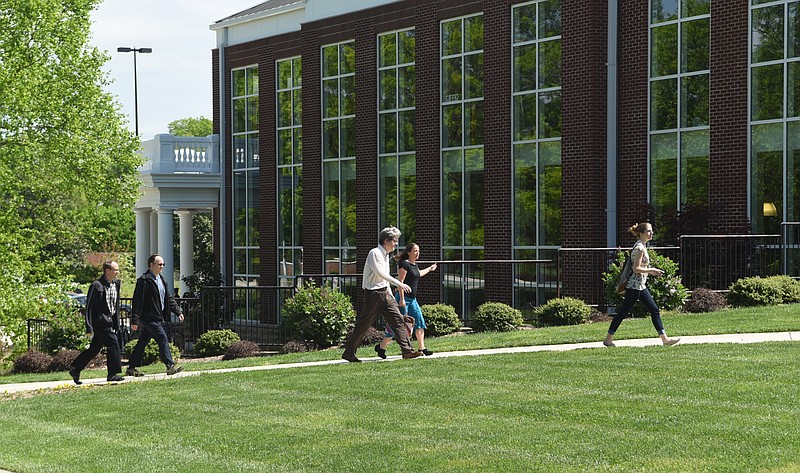Southern Adventist University helped sponsor two of the excavations touted by Christianity Today as among the top ten biblical archeology discoveries of 2015.
Fifth on the list is the discovery of the Eshba'al inscription that dates back to the days of Saul and David, archeologists say. The ceramic pot, found in Khirbet Qeiyafa in the Elah Valley in southern Israel, is said to mention Eshba'al, the name of one of King Saul's sons.
According to SAU, the inscription caught the attention of Israel Prime Minister Benjamin Netanyahu, as Eshba'al's name only appears in tenth century contexts of the Bible, complimenting the archeological data of Judah.
Officials say the discovery further confirms that Hebrew writing was established during that time period and helps to date the Saul and David monarchies in history, according to a news release.
The excavation concluded in 2013 and is now in the process of completing final publications.
Southern co-sponsored the Khirbet expedition with the Hebrew University of Jerusalem, as well as the expedition to Tel Lachish, where archeologists found number four on the list, the Canaanite ostracon.
"This is the first time a proto-Canaanite inscription was found in the last 30 years of archaeology in Israel. The context of the inscription was a Late Bronze Age Canaanite temple at Tel Lachish, one of the most important cities of Canaan during the period of the Judges.
The fragmentary inscription is very difficult to read, but provides important information about the development of the proto-Canaanite alphabet as it progressed from Hebrew, Greek, and then Latin" said Southern Adventist University in a press release.
The university co-sponsors a number of summer expeditions and joins in an international consortium of Adventist institutions that includes participants from all over the world including the Philippines, Bolivia, South Africa and Korea. They plan to continue the Lachish project this summer from June 16-July 24.
